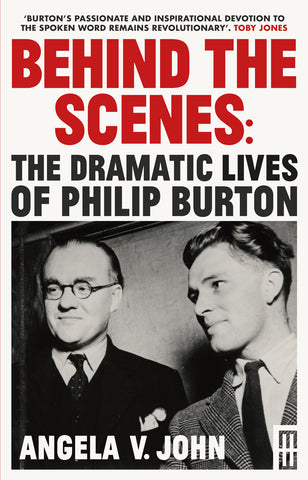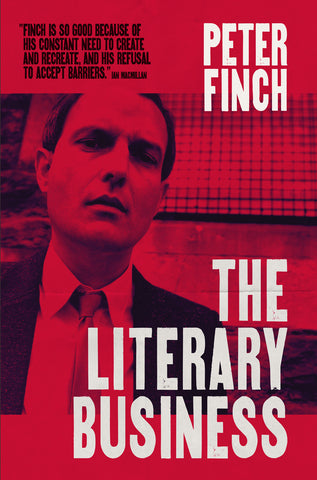Recently I wrote a short article for the Western Mail which talked about how the political and social climate of Britain since the 2008 financial crash influenced my book Bad Ideas\Chemicals. As a sort of companion piece to that, today I’m going to talk about how it was also influenced by singers who dressed like aliens, a composer who knocked things off tables, and my experiences of being a young pretentious musician playing at open mics in a small town.
Let’s begin with Gary Numan singing ‘Complex’:
This song is probably my favourite off his 1979 album The Pleasure Principle which I heard for the first time in my second year of uni and have loved ever since. So strong was the impression that this album left on me that in an earlier iteration of Bad Ideas\Chemicals there was a minor sub-plot involving the protagonist Cassandra, who was a secondary character initially, needing to return her borrowed vinyl of it to another character. I listened to this album often on the way home from lectures. Staring out the window of the train into the encroaching black of early evening, I would imagine the characters, stories and locations that would become Bad Ideas\Chemicals, the forlorn awkward synth pop informing the tone and mood of certain scenes. If the book had a soundtrack The Pleasure Principle would probably make up the bulk of it. Of course there would be a bit of Bowie and Brian Eno in there as well, but I think Numan holds a special relationship to the people of the town of Goregree for me. Because, unlike the cerebral Eno or the cool Bowie, Numan’s musical persona never struck me as hip or sexy in his sci-fi tinged aloofness. Like Cassandra, he was an awkward dorky alien. Stiff. Struggling to process emotions. His voice audibly cracking under the strain of them.
Okay. Now here is John Cage knocking over things musically:
There is a scene in the fifth chapter of Bad Ideas\Chemicals in which Cassandra’s friend Billy does an experimental musical performance at an open mic to a mostly confused and disinterested audience. The image I had I my head when I wrote that scene could be summed up like this: He thinks he’s Einstürzende Neubauten tearing up Tokyo but he’s actually John Cage doing ‘Water Walk’. Only without the humour. Which is a big problem as it is John Cage’s sense of humour that completely sells this performance for me – the deadpan way with which he goes around doing all these seemly arbitrary actions with such stiff precision. Also the way he acknowledges laughter as a valid response right from the start. The piece works as both a wry deconstruction of music as well as a piece of absurdist comedy. Cage is happy to be laughed at if it means he can get across his artistic ideas. Billy, conversely, suffers from a deficiency I think a lot of young men who’ve been emotionally wounded suffer from – he takes himself too damn seriously. Certainly when I was in my teens and early twenties attempting to do somewhat experimental music in Bridgend – a town not exactly known as a common staging ground for oddball esoteric art – I took myself way too seriously. It was a defence mechanism really. I think my attitude was that if the audience was not going to acknowledge me or take me seriously then I was not going to acknowledge them or take them seriously. Or, at least, I was going to try really, really hard to make it seem like I didn’t take them seriously. Truthfully, deep down, what I really wanted was to conjure up something that would get across my own sense of dislocation. To make something that would alienate them in a similar way to how I felt alienated.
 After his performance, Billy is confronted by a hectoring audience member who nearly turns violent and, while it’s not quite an exact rendition, it is based on a couple of deeply unpleasant experiences I had in my teens at various open mics I played at. The argument Billy has with his friend Fox afterwards explores some of the quandaries that period of my life left me. If you’re an unhappy weirdo is it better to try and fit in by making concessions to a society that resents your weirdness? Or would doing that simply leave you feeling empty inside? How do you survive when you feel alien in every way to your environment? Don’t ask me. I wrote a book about it and I’m still unsure.
After his performance, Billy is confronted by a hectoring audience member who nearly turns violent and, while it’s not quite an exact rendition, it is based on a couple of deeply unpleasant experiences I had in my teens at various open mics I played at. The argument Billy has with his friend Fox afterwards explores some of the quandaries that period of my life left me. If you’re an unhappy weirdo is it better to try and fit in by making concessions to a society that resents your weirdness? Or would doing that simply leave you feeling empty inside? How do you survive when you feel alien in every way to your environment? Don’t ask me. I wrote a book about it and I’m still unsure.
If you'd like to read the book Bad Ideas\Chemicals by Lloyd Markham you can buy it from our online shop and all other good bookshops.



